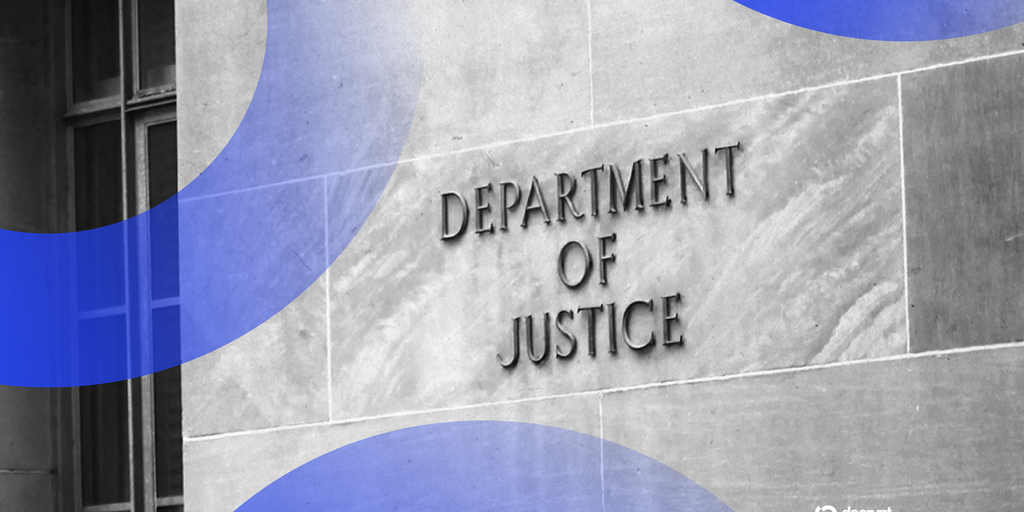DOJ’s Tornado Cash Case and the Storm over Decentralized Finance
Following the reversal of an earlier policy shift under President Trump, the US Department of Justice (DOJ) has pursued charges against Roman Storm, co-founder of Tornado Cash, a prominent decentralized finance (DeFi) tool designed for transaction privacy. Storm faces charges including conspiracy to launder money, operating an unlicensed money transmitting business, and evading US sanctions.
In a stark warning, Storm responded to the DOJ’s stance, tweeting ominously, “If I lose, DeFi dies with me.” He claims federal prosecutors are attempting to “bury DeFi,” accusing them of seeking to hold him personally responsible for the tool’s misuse.
This case exemplifies a central conflict within the burgeoning DeFi sector. While platforms like Tornado Cash offer sought-after privacy features, a core principle of DeFi and blockchain development—being unconstrained by centralized control—is under intense scrutiny. Advocates argue the DOJ’s position risks criminalizing innovation and stifling the fundamental belief that software developers should not be held legally accountable for how third parties use their code.
UbuntuStorm earlier framed this tension, stating, “The DOJ wants to bury DeFi, saying I should’ve controlled it, added KYC, [and] never built it.” He also alleged prosecutors have actively blocked expert witnessing in his favor during the trial.
Though initial moves by the Trump administration appeared more favorable to DeFi—urging prosecutors to back off certain crypto enforcement, pardoning Ross Ulbricht of Silk Road, and repealing an IRS rule—persistence from the new leadership has led to Storm’s impending trial proceeding. The DOJ recently reaffirmed it intends to go forward with its case against Storm, despite dropping a specific compliance charge element.
The Ethereum Foundation recently showed support by acknowledging a community fundraiser for Storm’s legal defense. However, these efforts do little to address the broader implications if Storm is convicted, potentially damaging DeFi’s standing and its compatibility with the US financial system and regulatory framework.
DeFi advocates repeatedly reiterate the software licensing principle: developers are responsible for creating robust code, not policing its application. Storm referenced a legal filing by the DeFi Education Fund, stating, “[S]oftware developers should not be held criminally liable for the actions of third parties who use their software to commit crimes.”
The ongoing prosecution raises significant questions about the ability for DeFi and cryptocurrencies, operating on principles of technical sovereignty and reduced central control, to navigate or function within the current US regulatory landscape. This case could set a crucial precedent for the entire industry. Market observers and developers are watching closely with concern, while simultaneously arguing that further attempts to suppress these technologies threaten financial innovation and inclusion.












